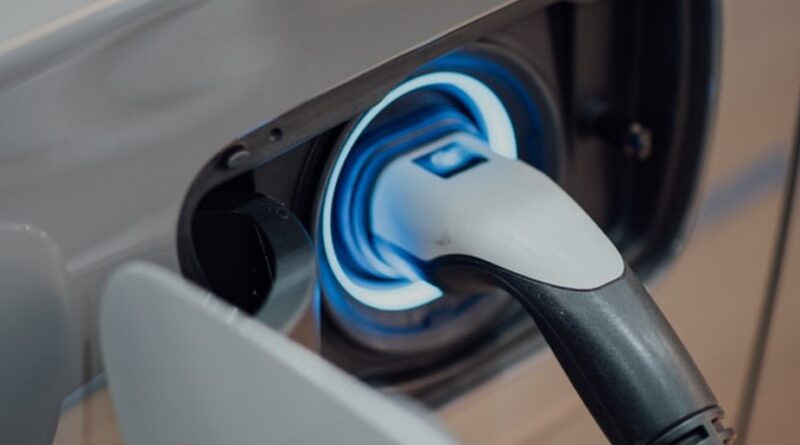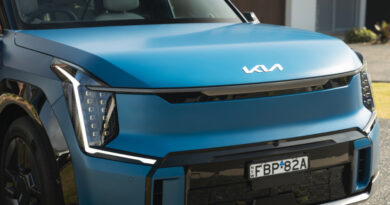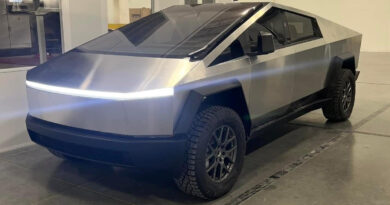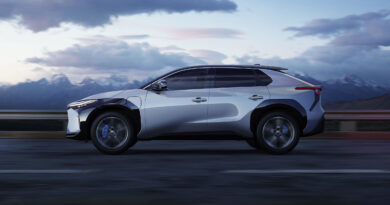Why Aussie fleets are yet to become EV believers
Fleet buyers crucial to the mass adoption of electrified vehicles in Australia remain cautious about making the transition from the internal combustion engine.
A survey commissioned by the Australian Fleet Managers Association reveals limited action by the federal government, high purchase costs and limited availability are discouraging fleet investment in EVs.
While there are fleets of EVs and hybrids being trialled in Australia, the minuscule local electrified uptake has been mostly the preserve of private buyers.
But official VFACTS statistics show business, government and rental new vehicle sales in Australia totalled 548,405 in 2019. That’s more than half the 1.024 million sales recorded.
Underlining the importance of a fleet transition to EVs, Australian transport contributes 18 percent of carbon emissions.
“We see many private and public sector organisations choosing to ‘go green’ by reducing vehicle emissions, their underlying motivations can vary significantly,” AfMA chief executive Mace Hartley said.
“ASX listed organisations are driven by corporate social responsibility, including the influence of large investors such as superannuation funds, who are in turn driven by their members.
“Local governments are driven by the demands and expectations of their rate payers.
“State governments are driven by the need to provide leadership, although this can take multiple forms – establishing policy frameworks to facilitate the uptake of zero emission vehicles, setting their own zero emissions targets, and leading the transition.
“While the federal government can in theory be motivated by each of these, their approach to date has been to advocate for a market-led solution, with limited active involvement and no policy announcements to drive a transition to zero emission vehicles.”
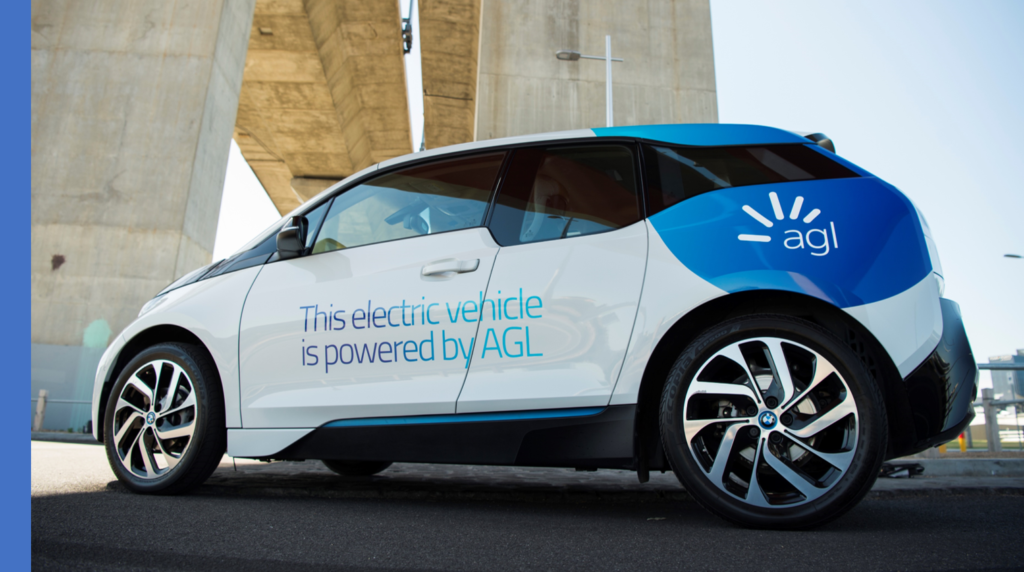
Subsidies and public charging infrastructure consistently emerged as the most desired areas of government intervention.
Businesses in the services industry called for more specific incentives such as the removal of the luxury car tax. Large fleets urged the removal of fringe benefits tax.
According to the survey, other challenges stopping fleets from implementing EVs earlier were purchase cost (60 percent), the cost of setting up workplace infrastructure (45 percent) and limited choice (34 percent).
Less than a third of the survey’s respondents were operating electric vehicles, but half the respondents intended to add EVs to their fleets in the next 24 months.
However, the lack of electrified light commercial options such as pick-ups is limiting opportunities for transition.
The survey was provided funding support by the NSW government and AGL. The survey was conducted by ACA Research.
Responses came from 177 business and government organisations in control of almost 70,000 vehicles.
Of those vehicles just 3255 were hybrids and 1161 plug-in battery electric vehicles or hybrids, indicating how low the take-up amongst fleets of electrified vehicles currently is.
This is not the first time the lack of Morrison government encouragement for electrification has been criticised. The Electric Vehicle Council recently rated the Morrison government’s an F for EVs.

